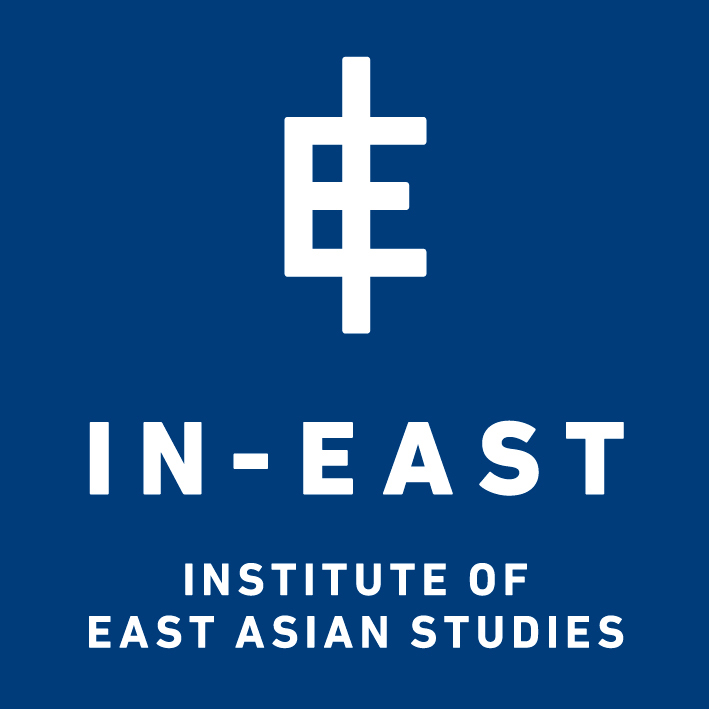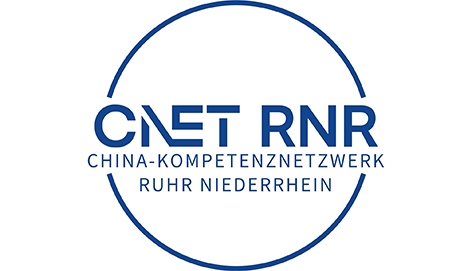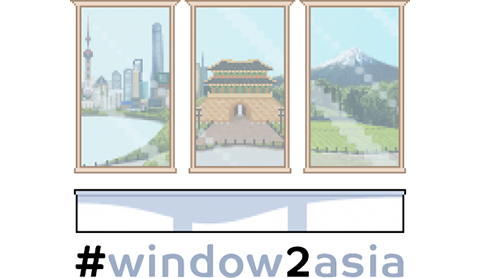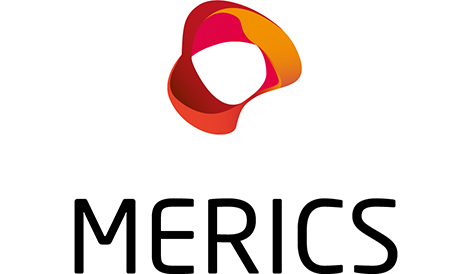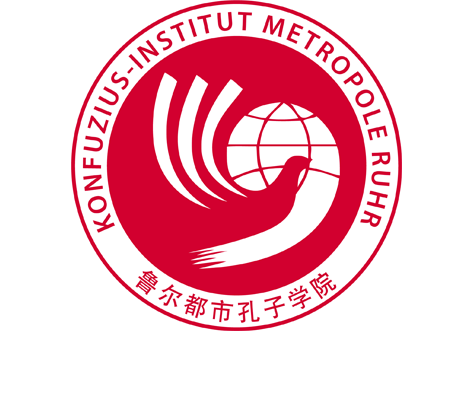IN-EAST News
27.02.2019 - 12:57
Workshop: City of Tomorrow
Urban Innovations and the Tokyo 2020 Games. IN-EAST School Workshop | Wed, Feb 27, 2019, 10–17 h | SG 183, Geibelstr. 41, 47057 Duisburg
The IN-EAST School of Advanced Studies of the University of Duisburg-Essen is inviting submissions for participants of a workshop on various perspectives dealing with the urban aspects of the Tokyo 2020 Olympic and Paralympic Games (see below) in Duisburg on the 27th of February, 2019. Travel costs for speakers from within Europe will be covered. Abstracts (max 400 words) together with a short (max 200 words) biographic note should be sent to deirdre.sneep@uni-due.de by the 4th of February, 2019. For more information and inquiries, please do not hesitate to get in touch.
‘City of Tomorrow’: Urban Innovations and the Tokyo 2020 Games
The 2020 Tokyo Olympic and Paralympic Games will be the second Olympic Summer Games Japan. Already having become a widely discussed topic by in public and political discourse because of several large issues concerning the budget, the (location of) new facilities, and plagiarism concerning the Olympic logo, Tokyo is struggling to upkeep its image towards the outside. At the moment, the city is in the midst of its preparations, constructing 'physical legacies' to leave for future generations and in an effort to impress the rest of the world. In particular, the 2020 Games are characterized by an emphasis on the Paralympics (perhaps even more than the Olympics), and the promise of making the city ‘barrier free’, not only for those with a physical handicap, but also for the growing elderly population. Strongly focusing on showcasing technological prowess and excellence through urban innovations, the Games are advertised as 'the most innovative in history', and Tokyo as ‘city of tomorrow’. These claims, part of an antithetical message of transcending politics while clearly being used as marketing strategies, are remarkable in the case of the 2020 Games as the emphasis is on Tokyo as a city as innovative and livable. While in fact, Japan, and Tokyo as pars pro toto, is confronted with an ever-growing aging demographic (Coulmas 2007), the troublesome aftermath of the 2011 triple disaster (Gill, Steger and Slater 2013), and an economy still struggling to overcome past crises. In how far the city will manage to re-brand and improve itself in the upcoming year and a half, is debatable. This workshop aims to promote discussion on the urban aspect of the 2020 Olympic Games, analyzing the spatial aspects of the preparations from various socio-cultural perspectives and situating the event not only in Japanese history, but also in relation to the current power dynamics of global cities.
PROGRAM
10.00 Deirdre SNEEP: Opening Remarks
10.30 Miyo ARAMATA, Meiji University, Tokyo: Construction of the Main Stadium for the Second Tokyo Olympics: Implications and Issues
11.00 Coffee Break
Session 1 2020 Legacies I – Socio-cultural implications of the 2020 Olympic Games
11.30 Erez GOLANI SOLOMON, Bezalel Academy of Arts and Design, Jerusalem (in cooperation with Christian DIMMER): Is it too Early to Speak about Zaha Hadid’s Ghost?
12.00 Heide IMAI, Hosei University, Tokyo (co-authored with Zdenka HAVLOVA, University of Tokyo): The Transformation of Tokyo’s Fish Market’s Identity: Tsukiji, Toyosu and Tokyo 2020
12.30 Christoph SCHIMKOWSKY, University of Sheffield: Regulatory Challenges and Innovations: ‘Manner Posters’, Public Transport, and Tokyo 2020
13.00 Lunch
Session 2 2020 Legacies II – Socio-cultural implications of the 2020 Paralympic Games
14.00 Deirdre SNEEP, University of Duisburg-Essen: “A Global Landmark for Young People”: the Elderly and the Making of a Barrier Free Tokyo 2020
14.30 Sam GEIJER, Amsterdam University of Applied Sciences: Insights in the Impacts of the Paralympic Games: How Its Legacies are Influencing a Country’s Politics and Urban Development
15.00 Anoma VAN DER VEERE, Leiden University: The Local Effects of the Tokyo 2020 Paralympic Games: Discursive Separation and Pragmatic Considerations in Spreading Sports for Persons with a Disability in Japan
15.30 Coffee Break
16.00–17.00 Final Discussion
Student participation is welcome!
Registration is necessary by February 21, 2019:
birgit.geith@uni-due.de
pdf-download of the Program:
https://www.uni-due.de/imperia/md/content/in-east/events/program_city_of_tomorrow_2019.pdf



